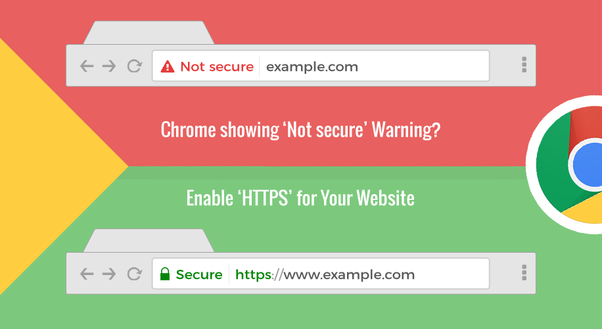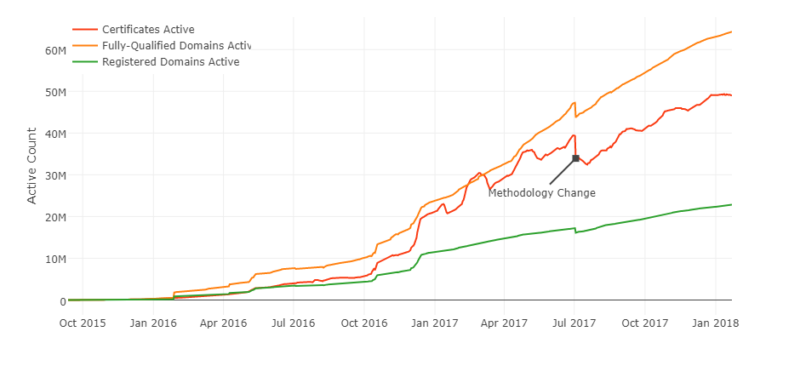
If your organization or business website still uses HTTP, it’s time to convert it to HTTPS!
Many small-to-medium businesses and nonprofit organizations may not be aware that their websites’ http standards are outdated. Because many are without internal marketing or IT experts, this issue may be completely off their radar.
What’s HTTPS? Here’s a good explanation:
“HTTPS, the lock icon in the address bar, an encrypted website connection—it’s known as many things. While it was once reserved primarily for passwords and other sensitive data, the entire web is gradually leaving HTTP behind and switching to HTTPS.
The ‘S’ in HTTPS stands for ‘Secure’. It’s the secure version of the standard ‘hypertext transfer protocol’ your web browser uses when communicating with websites.” (How-to-Geek)
So, why is HTTPS better? Why should you convert?
Google Chrome and Firefox will penalize your website if it’s not encrypted with HTTPS.
The browsers will flag unencrypted websites as “not secure” in the URL bar. This sends a warning to visitors that your website is unsafe.
This is important because as of December, 2017, over 58% of Internet users use the Chrome browser, Safari 14.5%, and Firefox, 9.3%. (W3Counter)
Source: Quora
HTTPS can help prevent hackers from creating a fake site or using your email addresses.
It’s not foolproof, but it certainly makes a difference.
“HTTPS web connections protect against eavesdroppers, man-in-the-middle attacks, and hijackers who attempt to spoof a trusted website. In other words, encryption thwarts interception of your information and ensures the integrity of information that you send and receive. Because older hardware and software often don’t support modern encryption technologies, users of these devices may be more vulnerable to security threats.” (Google)
HTTPS blocks your Internet Service Provider (ISP) from selling your detailed browsing history to advertisers.
Adding HTTPS means it can only see the sites you browse and not individual pages.
Your website can get an SEO (search engine optimization) boost when it uses HTTPS.
In addition, updates like HTTP/2 that make applications faster, and increase load speed and performance may only be supported using encrypted sites in some web browsers.
Don’t even think about collecting sensitive or private information without an encrypted site.
Activities like filling in forms, logging in with user IDs and passwords, and paying for goods or services will put your customers at risk unless your site is secure.
Having an HTTPS site enables Google’s technology for mobile visitors, making their loading times faster.
The Web went from 46% encrypted page loads to 67% according to statistics from Mozilla – a gain of 21 percentage points in 2017.
Recently, while doing prospect research, I noticed a majority of websites I visited still used HTTP. My guess is that these smaller organizations are simply unaware of the need to convert.
So, if your business or organization hasn’t made the switch to HTTPS yet, it’s overdue.
If you’re not tech savvy, ask the person who works on your website to do this for you. Or check the information on your web host’s site.
Then, share this post to let your colleagues and friends know, too.
Resources:
You can purchase an SSL certificate from your web host or get a free one from Let’s Encrypt.
Google Will Soon Shame All Websites That Are Unencrypted
What Is HTTPS, and Why Should I Care?
How to Convert Your Website from HTTP to HTTPS – a Step-by-Step Guide
















